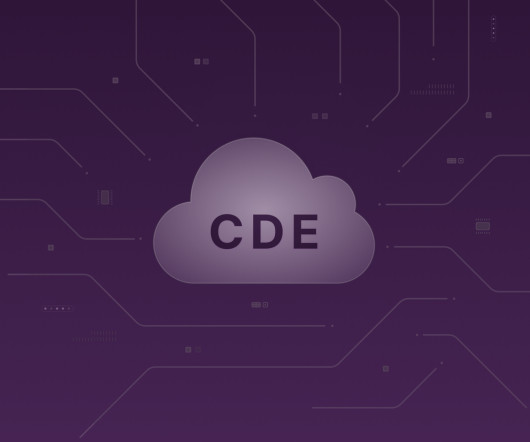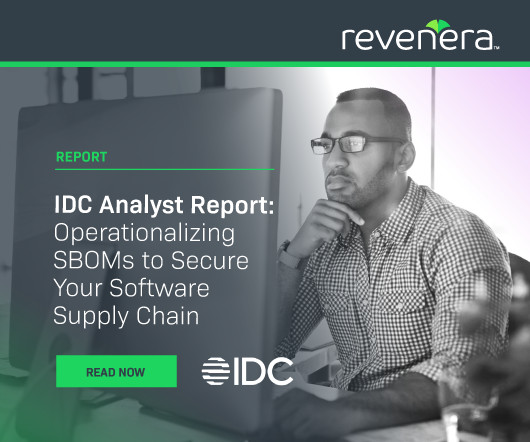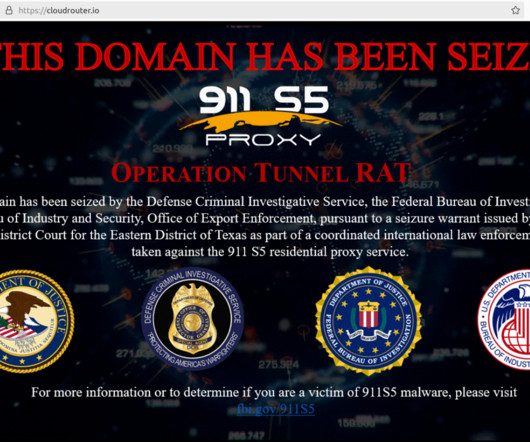NSO Group Spies on People on Behalf of Governments
Schneier on Security
NOVEMBER 27, 2024
Legal documents released in ongoing US litigation between NSO Group and WhatsApp have revealed for the first time that the Israeli cyberweapons maker and not its government customers is the party that “installs and extracts” information from mobile phones targeted by the company’s hacking software.



















Let's personalize your content